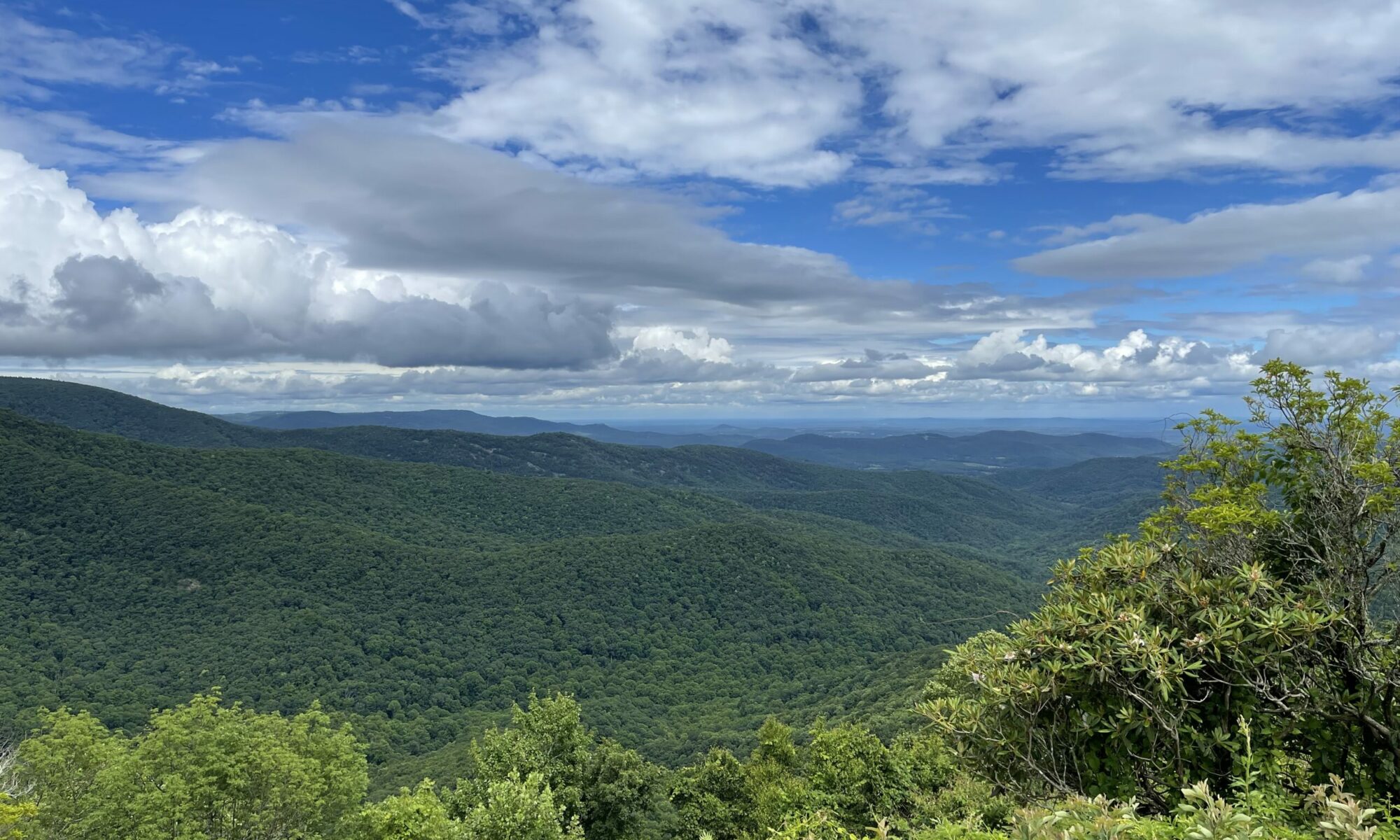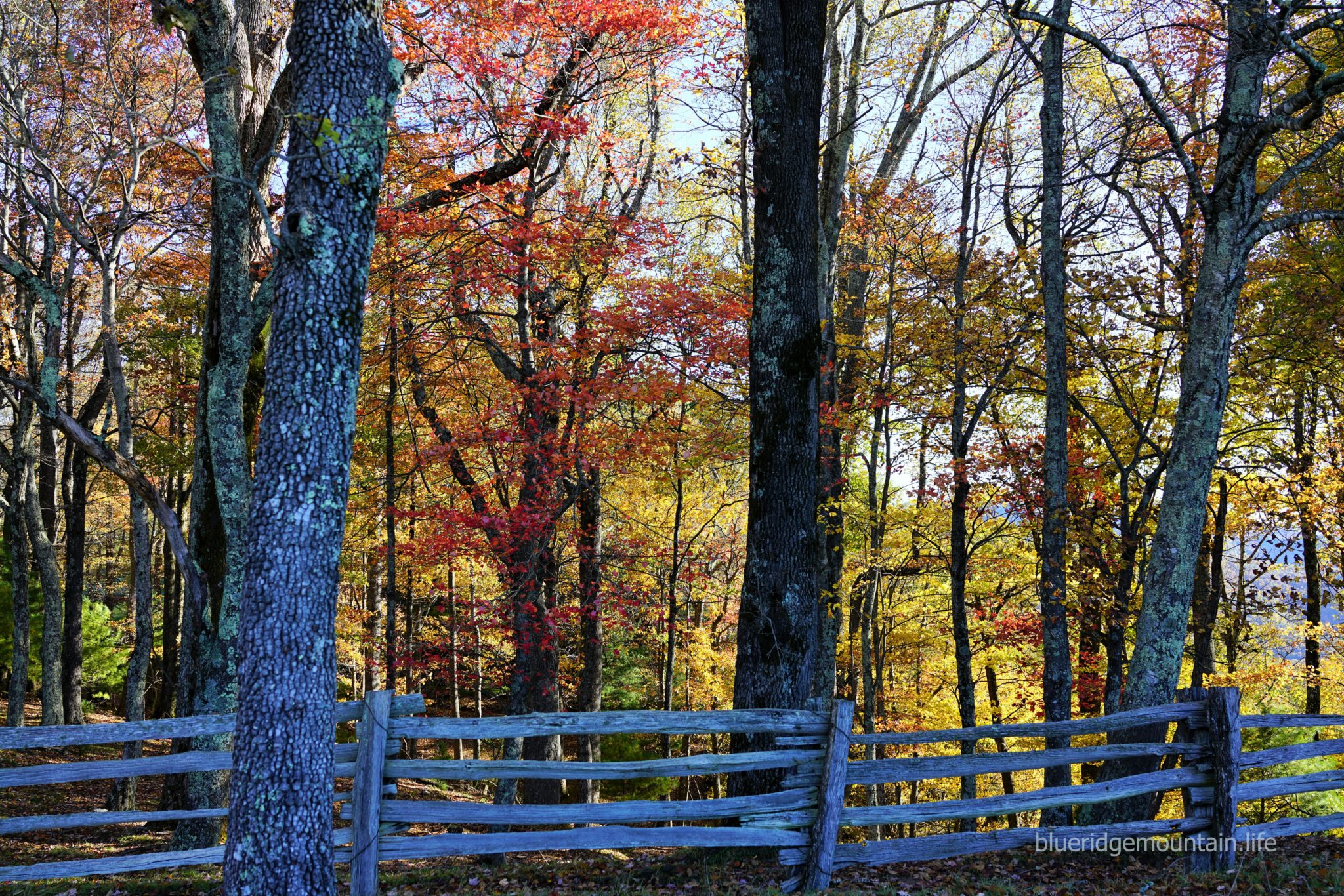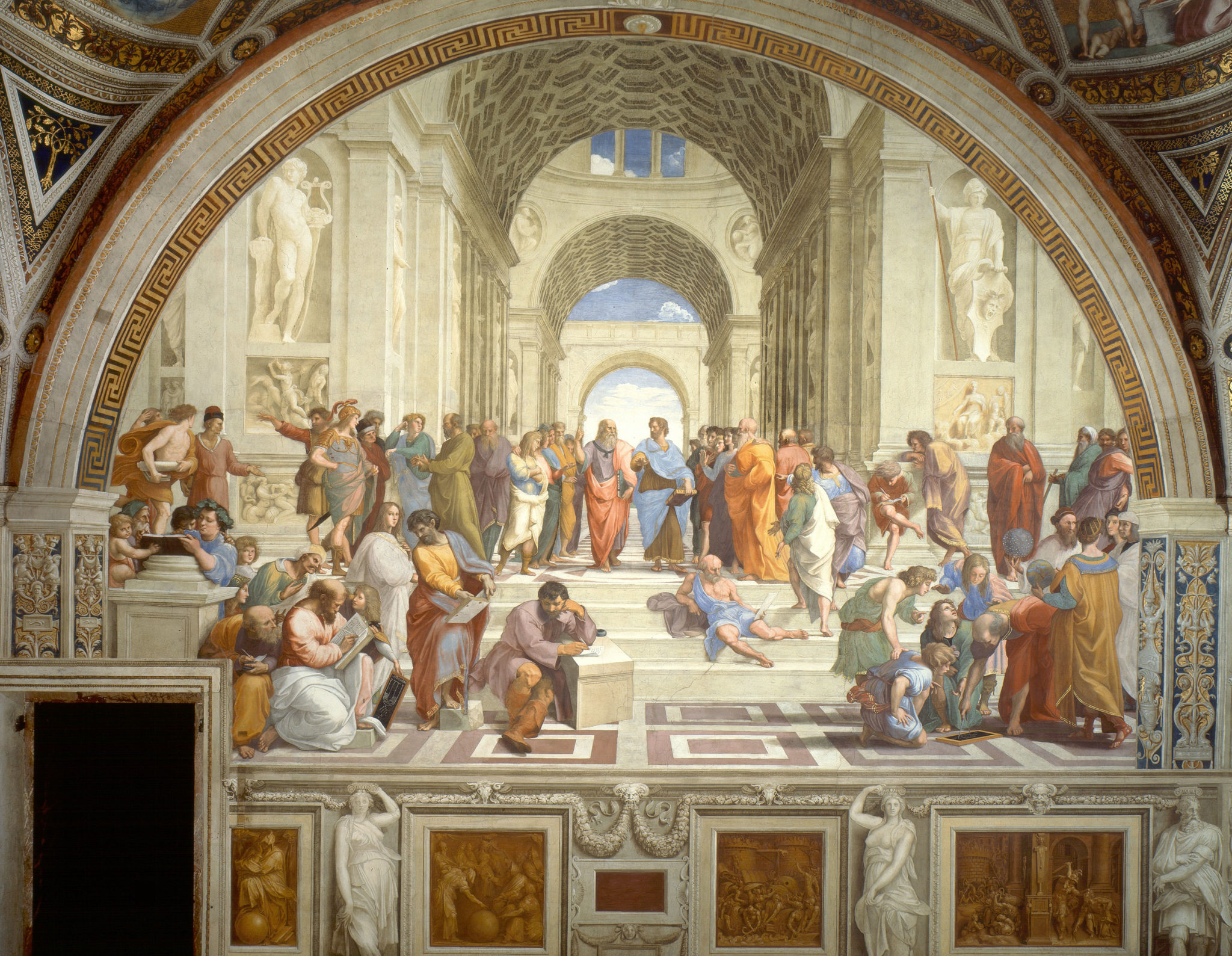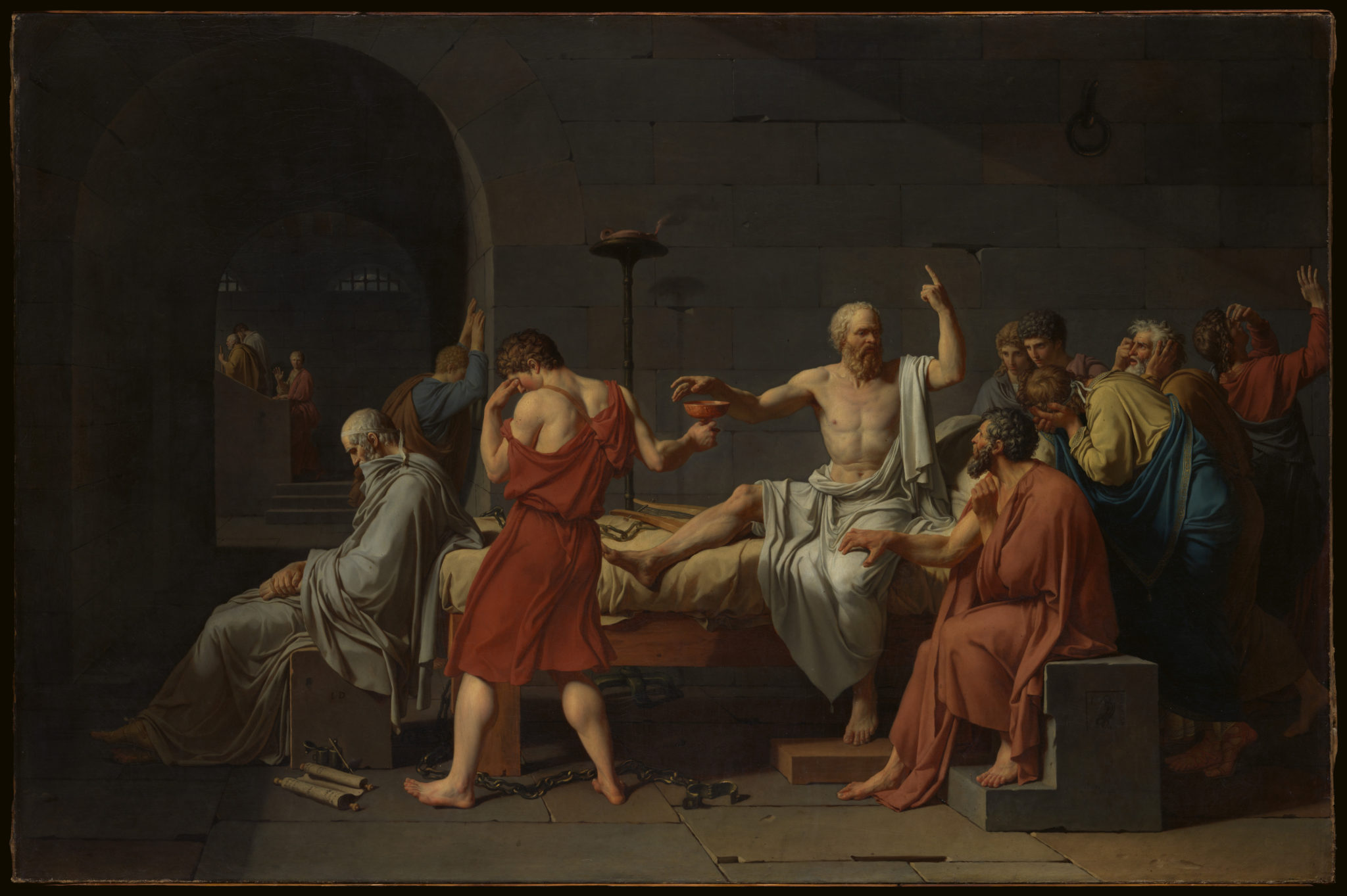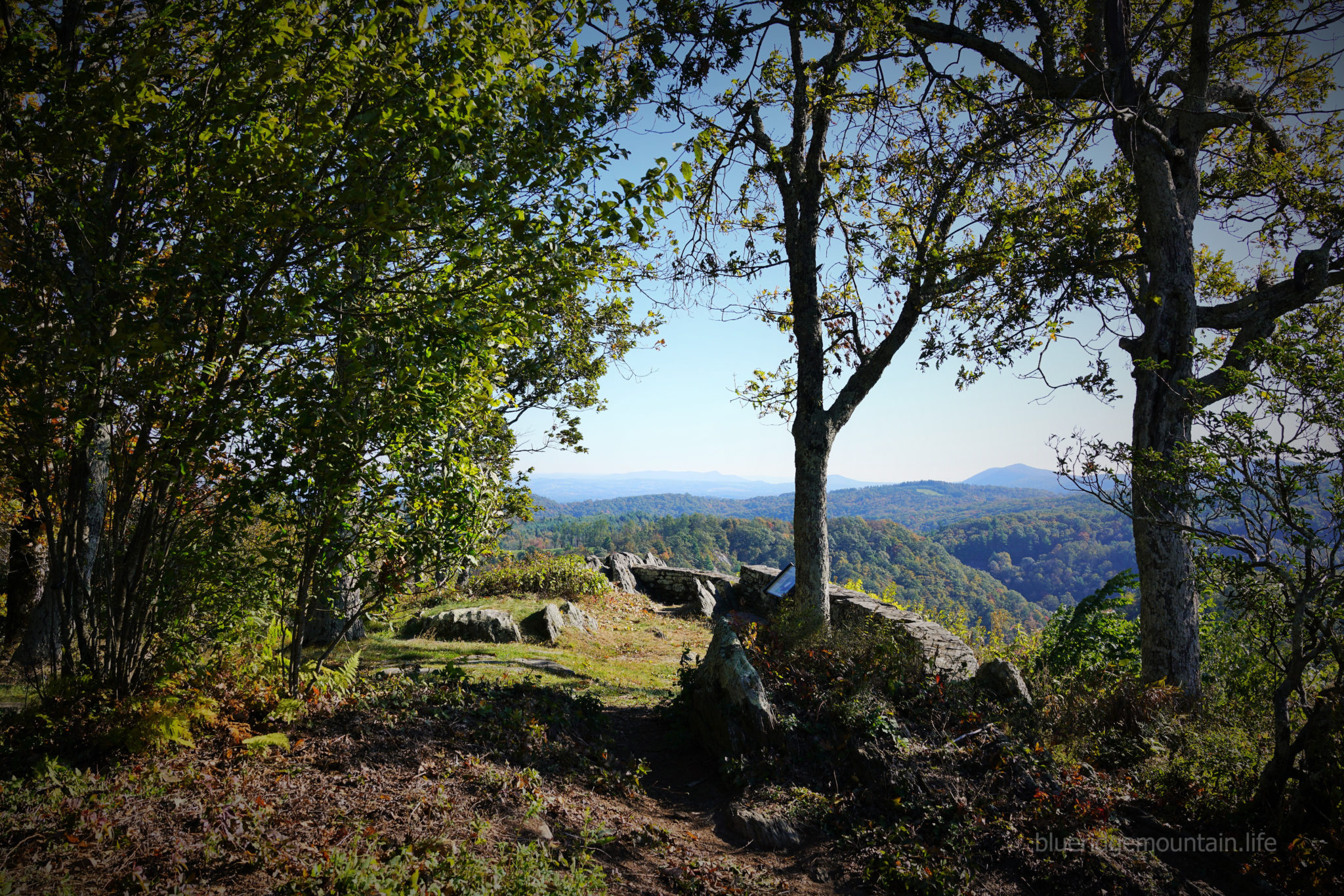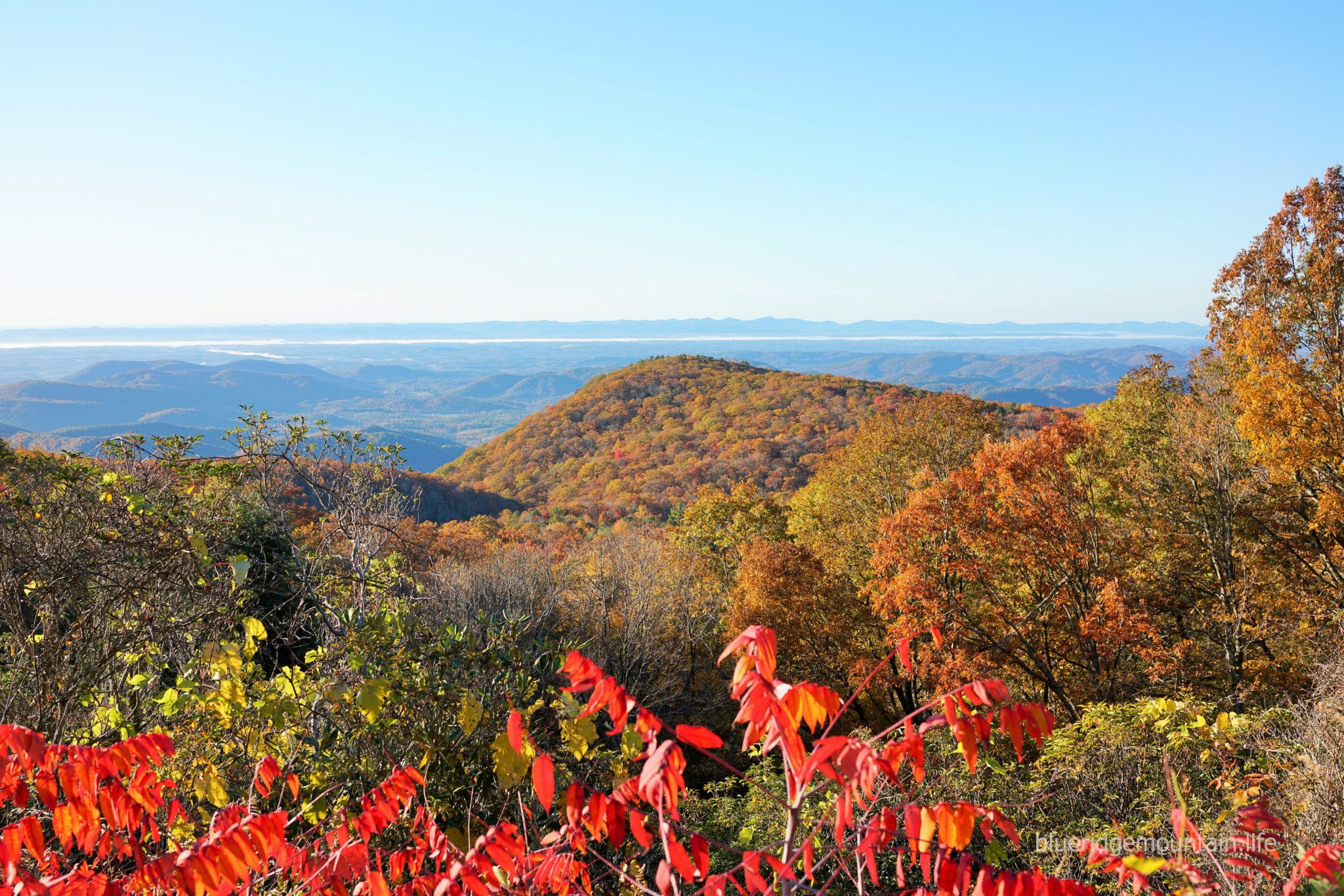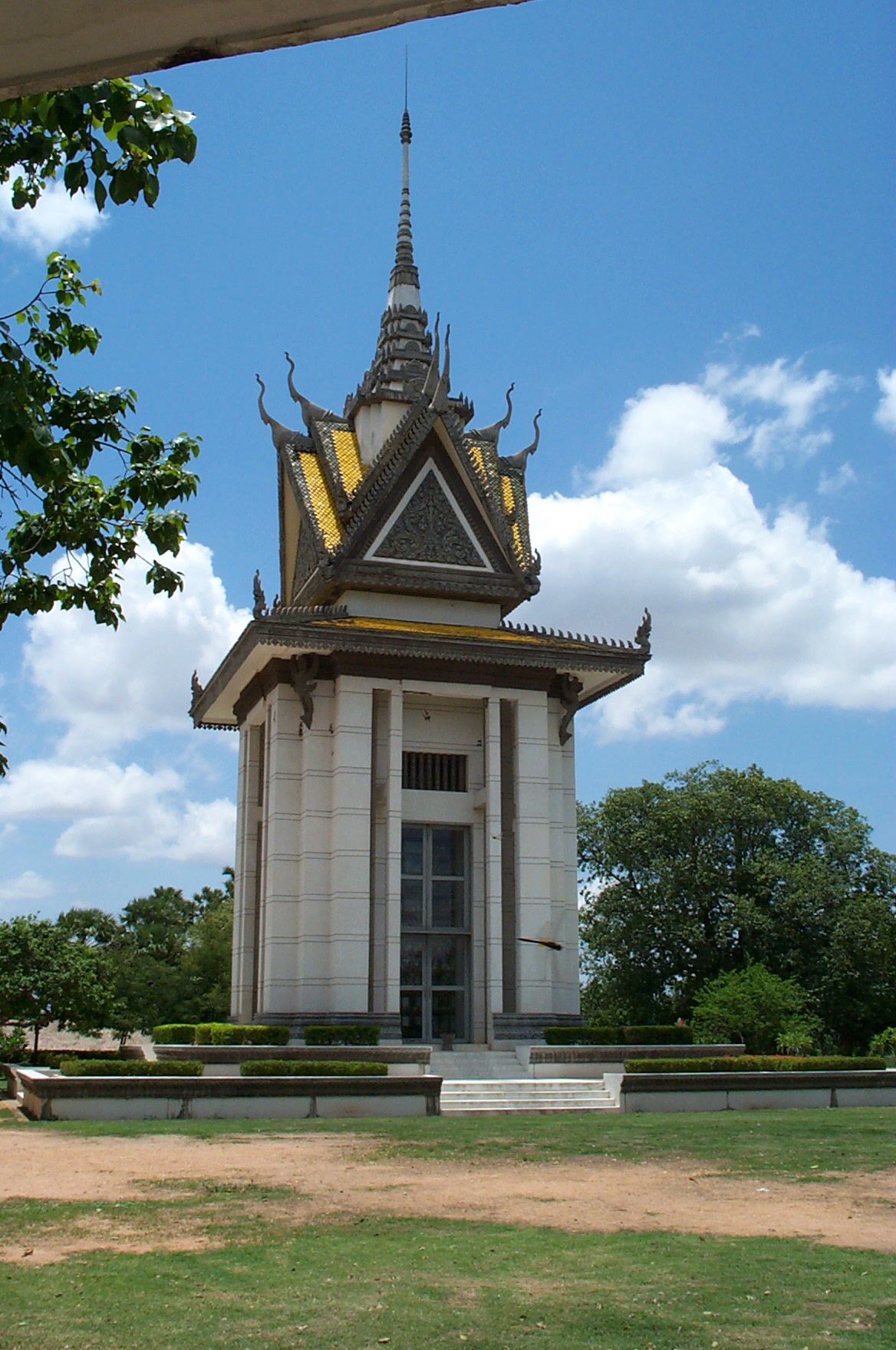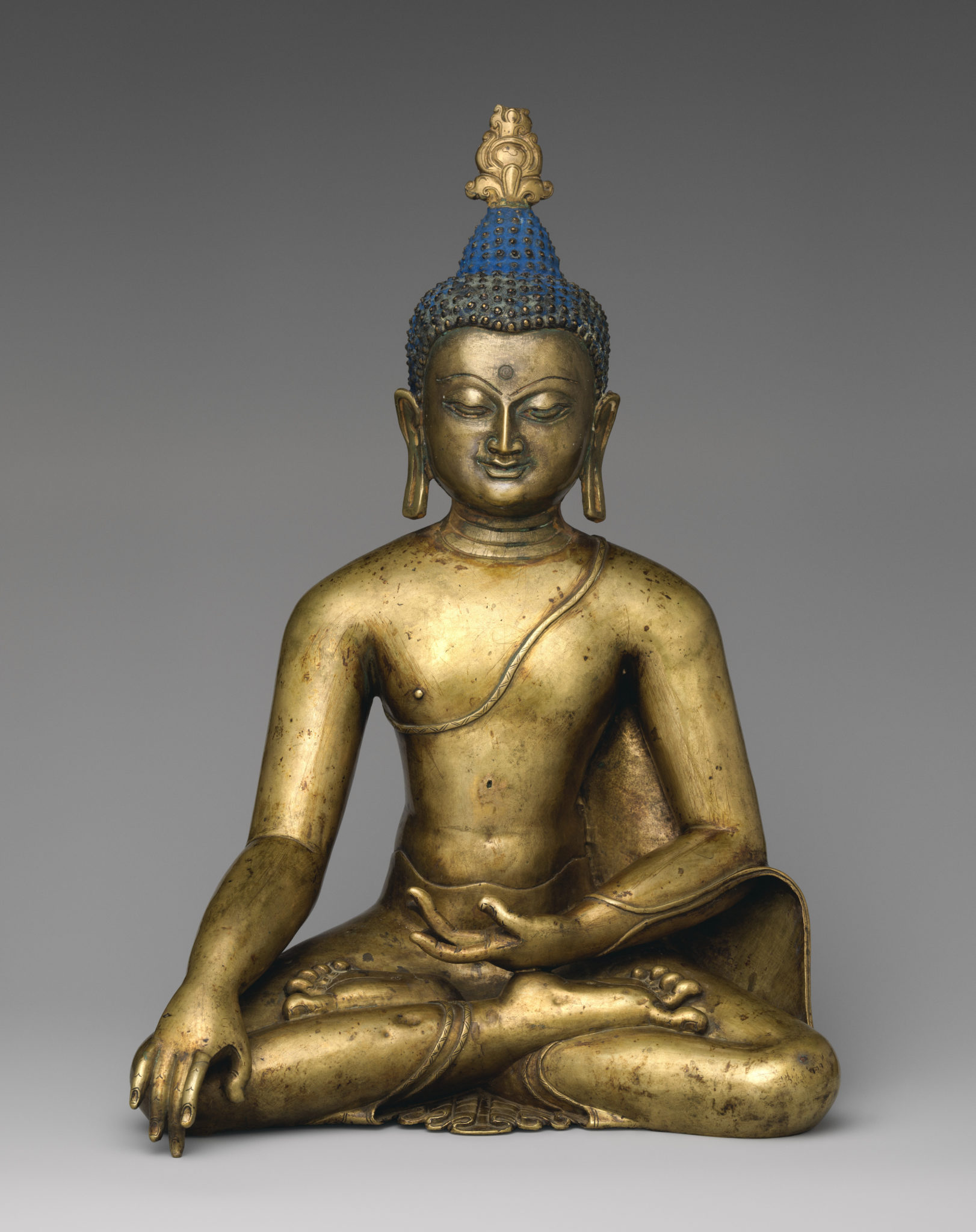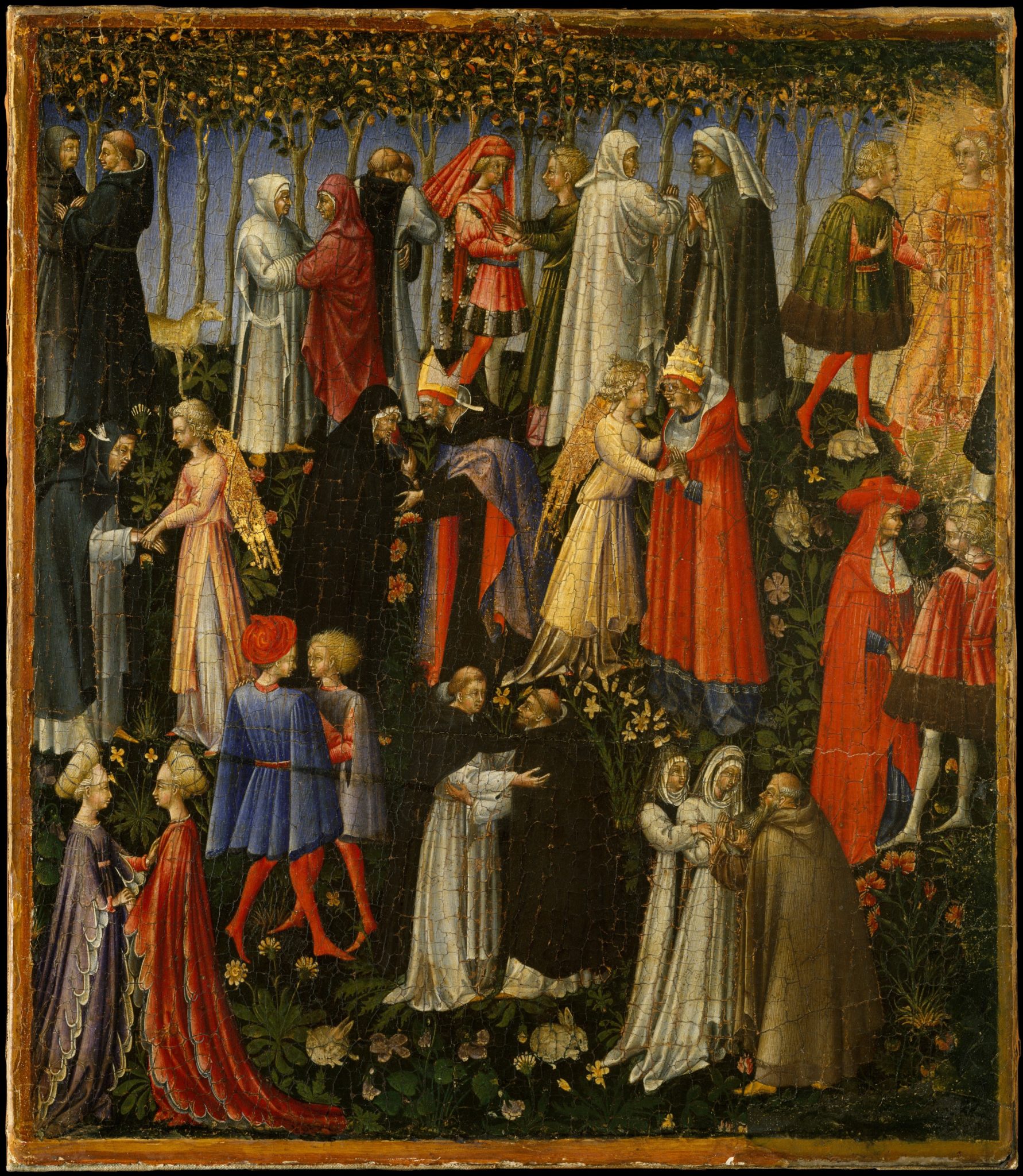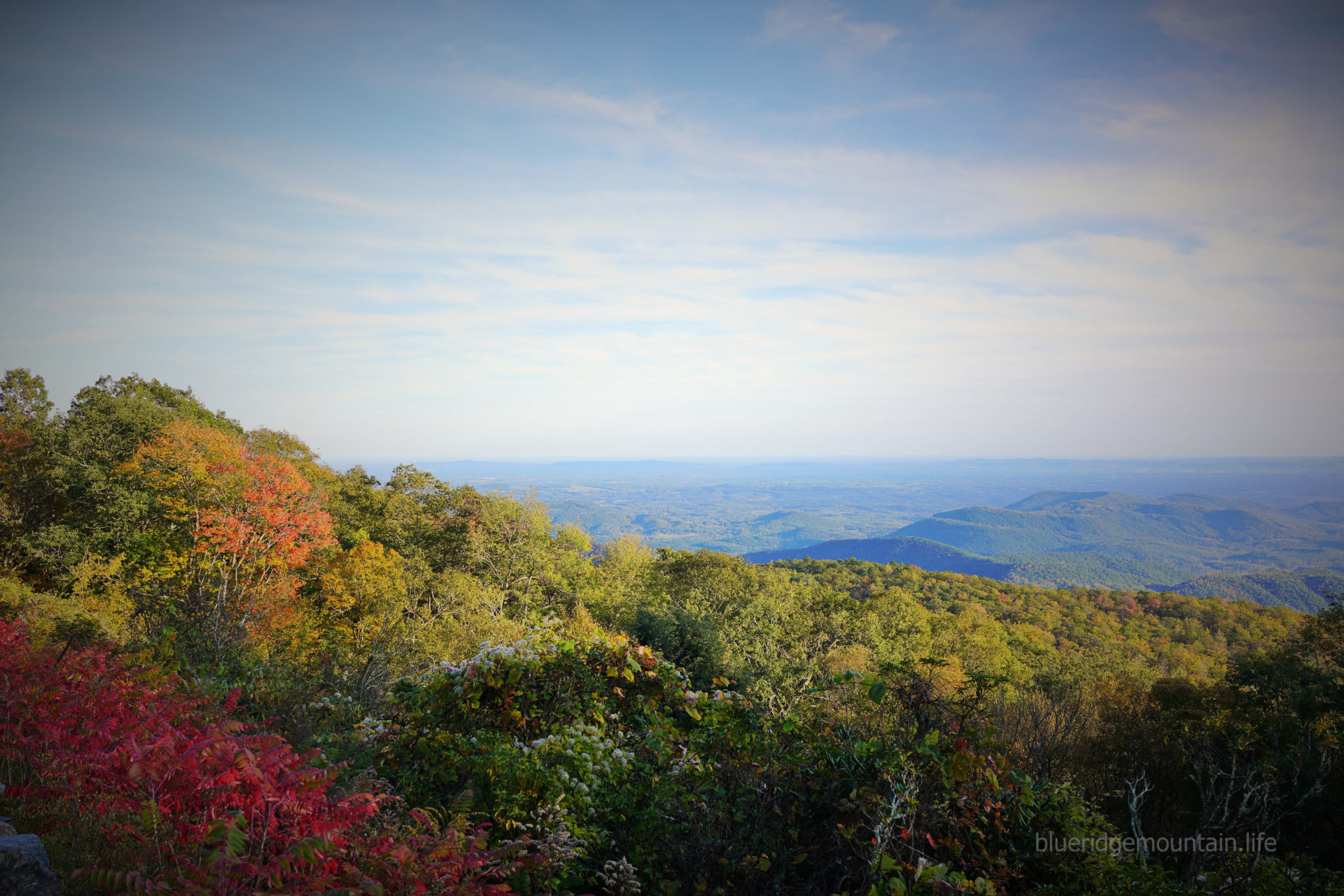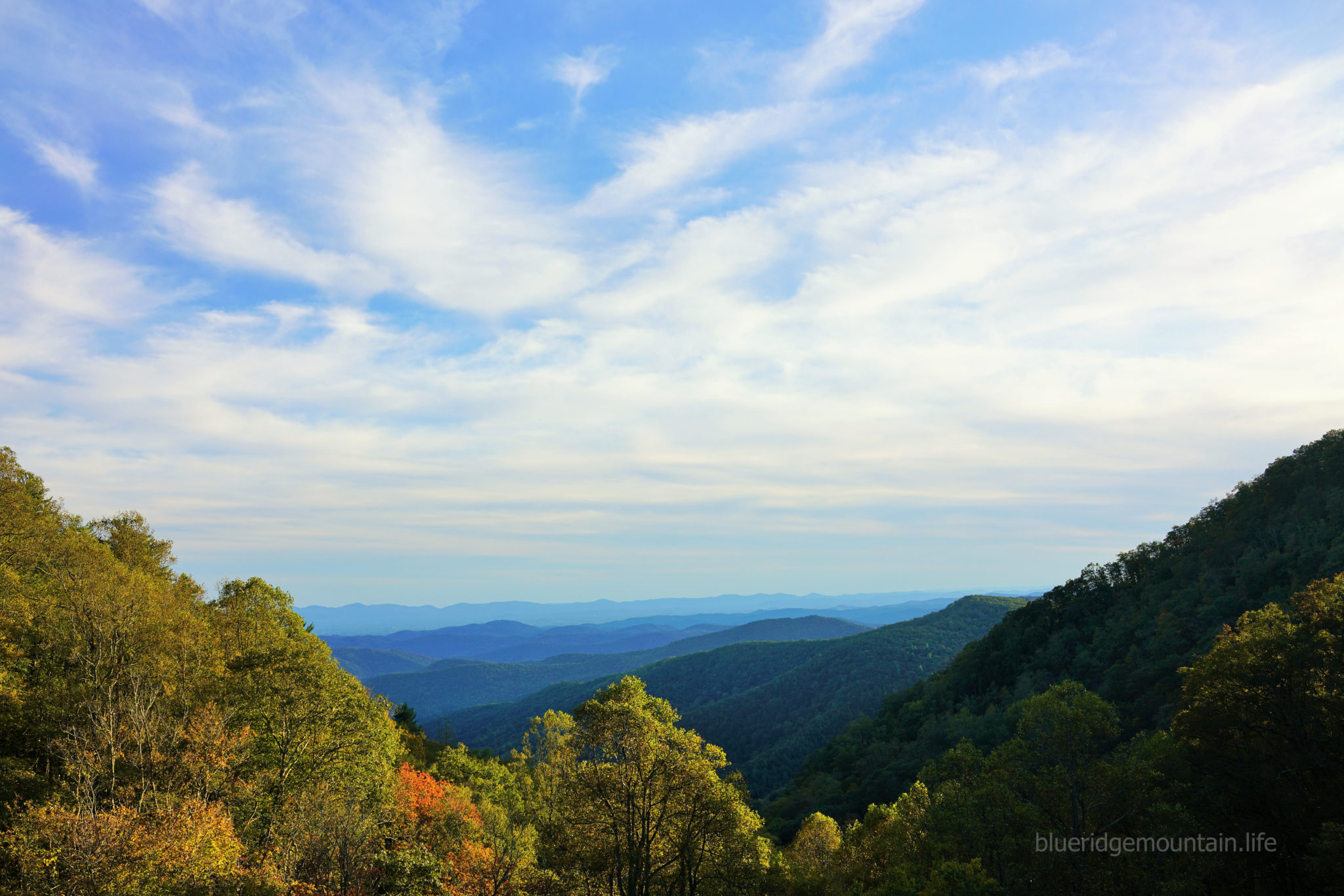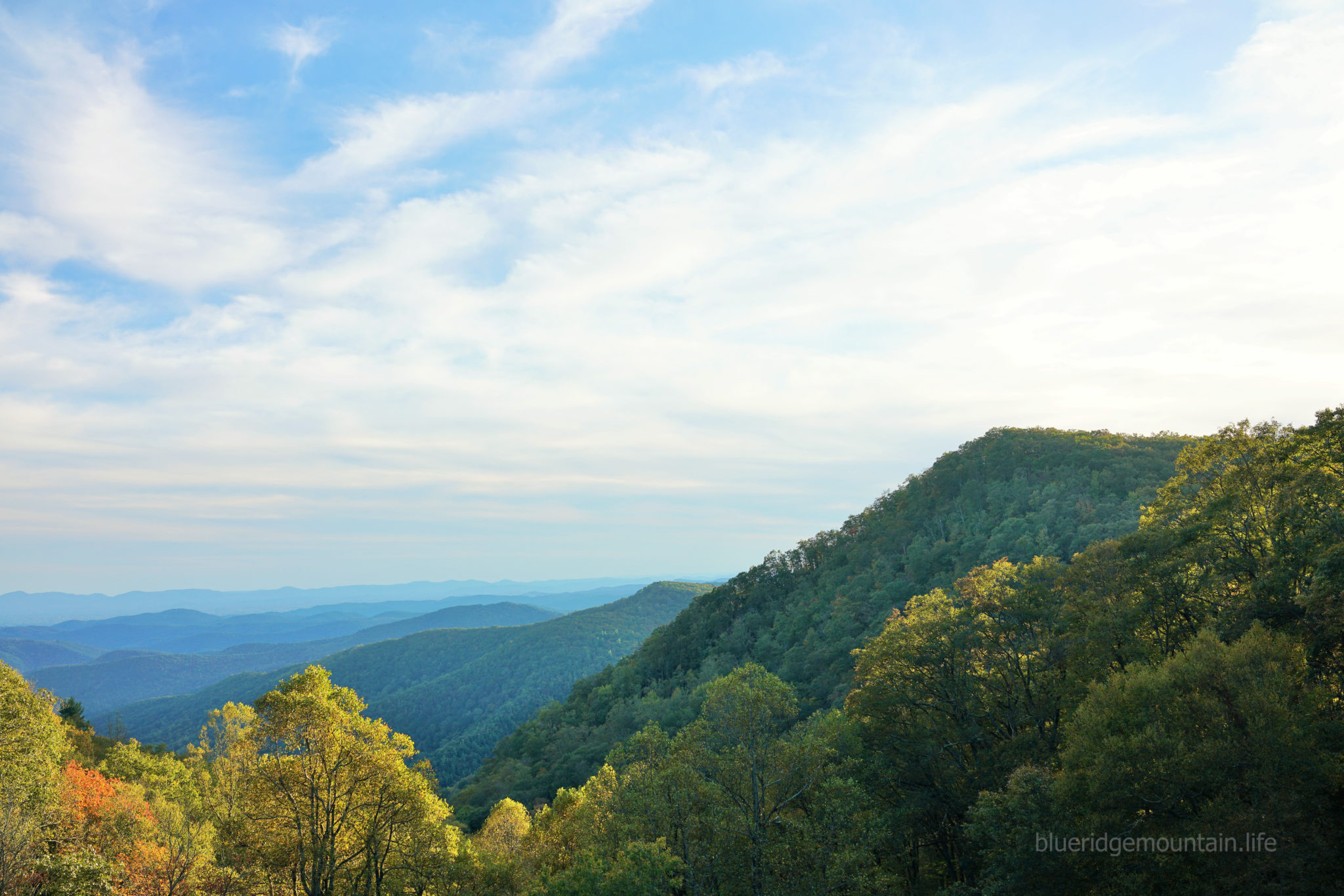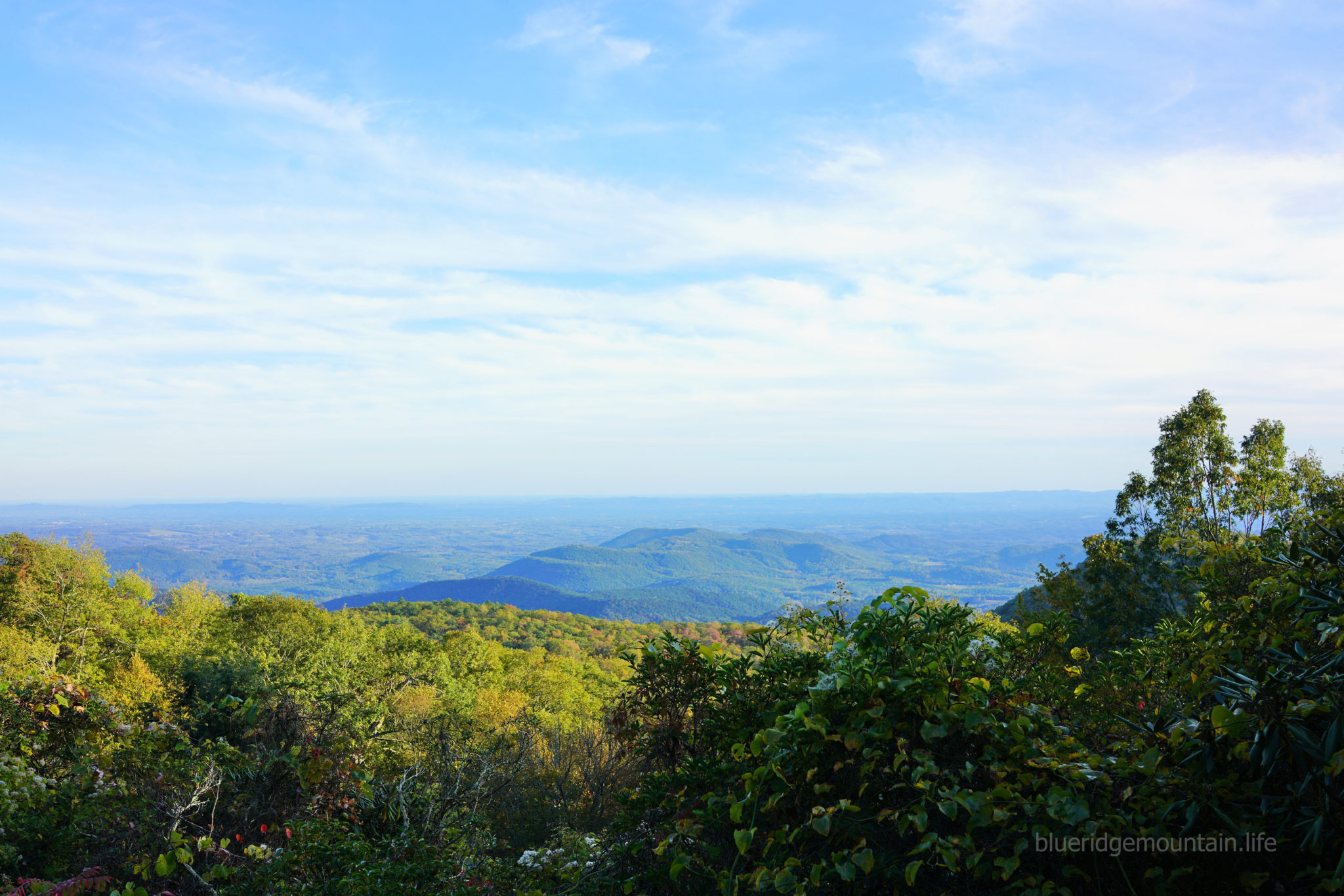The young mother was looking down at the body of her two year old daughter when a friend wrapped her arm around the grief stricken mother and whispered: “Remember Jill, that’s not really Becky, it’s just her body.” Jill’s outburst rattled the windows of the small church. A mother who had lovingly nurtured that body for nine months and two years, shouted: “BUT I love that body!! I love holding that body!” She sobbed. “I love kissing that body.” Turning away from her friend and bending down to kiss the cold fingers of her little girl, she was inconsolable. And was having none of that well-intentioned “wisdom.” It would not, could not, assuage her grief. Or minimize her great loss. There was a fresh round of weeping by all, the “wise” friend too.
How did we get to the place in Christian culture where we say such things? Jill may not know what the sweeping narrative of scripture teaches about our bodies, about death, and the afterlife, but she knew in her gut, deep inside, in a place only a mother knows, that something was missing in that loving remark, something was radically wrong with that well intentioned “wisdom.” And Mom’s intuition is right.
Sure, as a Christian, I know at the end of a long life or illness, when you are physically broken down, the dying of the body brings release into the presence of God, for all who believe. I’ve personally witnessed that kind of release three times. It is a great comfort knowing “to be away from the body is to be at home with the Lord,” as Saint Paul said. And I’m sure Jill’s friend only meant to say her little girl lived with Jesus now. But something vital was missing and mom knew it.
When we deny the importance of the body, we deny God’s good creation.
We know this important truth, as we say, in our bones. We were created with bodies because we were meant to have them. Death does not alter that truth. The departed dead are no longer fully present with us. Nor, please note, are they fully human without their bodies. That may sound odd to many who believe our “real self” lives on after death. Our “soul” or our “spirit” as we typically say. The implication often being that we have “shuffled off the mortal coil” which limited human flourishing. And good riddance!
But this won’t do for the Classic Christian. No matter how much we massage the moment with “spiritual insight” physical death screams a big fat NO to God’s good creation. And God commits to us in Scripture that this recurring death-scream will one day be silenced. How? Wholeness will replace brokenness as unity returns to God’s creation. Earth and Heaven. Body and Soul. Matter and Spirit (We humans, we image bearers, are a mysterious unity of matter and spirit.) Unity returns when heaven and earth come together in a fresh act of new creation.
I’ll continue to develop that point of view and its implications later. But first, one more reason, along with the three I gave in my last post, for why Westerners deny the importance of our bodies, and in so doing have moved away from Classic Christianity.
And that reason is Plato.
***
***
A mounting spirit caged in a bone house. Imprisoned by body.
That’s what Plato thought. And his disciples. Plato is the Western world’s homegrown advocate of disembodiment. Like the Far Eastern Hindu and the Buddhist, that I wrote about in my last post, Plato taught that our bodies are dispensable and worse, imprisoning, and something we should escape.
In the Western world a sustained reflection on the nature of things is, consciously or unconsciously, in dialogue with Plato. This man who lived approximately 400 years before Jesus cannot be avoided. All students of Western culture would agree that Plato’s influence on us, both good and bad, is enormous. The 20th Century Mathematician & Philosopher, Alfred North Whitehead, once said the safest way to characterize Western Philosophy “is that it consists of a series of footnotes to Plato.”
Plato asked many of the right questions. What is Truth? What is Goodness? What is Beauty? How can we know? What is Justice? What is Virtue? How do we build a just society? How do we train our children? Plato wanted to see the world as it really was. He wanted to cut through the darkness created by false impressions, and cunning, deceitful rhetoric. Though some would say his pupil Aristotle got the better of his master in that regard. And perhaps that’s true. But we more readily turn to Plato and his readable style. Dramatic dialogue wins over dense prose every time. Plus, Plato looked to the heavens. Aristotle pointed to the earth. His method and manner pulled you in. Using allusion, irony, humor, Plato invited us to join a great conversation about big questions followed by big answers. And we did.
The School of Athens – Raphael
Zoom in and you will see the difference between Plato and Aristotle.
In our quest for Truth, Plato points to the heavens, and Aristotle to the world below.
***
Susan and I stood in front of this giant fresco when we toured the Vatican Museum a few years ago. We found this masterpiece inside the Room of the Segnatura, one of Raphael’s Rooms, right before we were whisked away to spend our 30 minute allotment gazing up at Michelangelo’s Sistine Chapel. It was quite a day.
***
I remember the first time I read Plato’s Dialogues and entered the world of his teacher, Socrates. Unlike many philosophers whose writings are virtually unreadable, Plato’s writing was simple, clear, accessible.
He taught us through the voice of Socrates in a series of 30 philosophical dialogues. In those dialogues we find the wise and righteous Socrates debating the leading thinkers of the day. Socrates was eventually regarded as a troublemaker by the establishment because he questioned everyone about their beliefs. He probed their deeply held convictions. About Life. Death. Truth. Justice. Virtue. Happiness. Creation. The gods. You know, The Big Questions. But at some point, after constantly probing, and showing important people the error of their ways, you can make enemies. Socrates made big enemies in the city of Athens. And paid with his life.
At the age of seventy he was accused of corrupting the youth, and not worshiping the gods of his country, tried before the court of justice, condemned by a small majority of votes, and sentenced to death by drinking hemlock.
Between the verdict and the drinking of the hemlock, he spent one month in deep conversation with his closest friends. Some of them were eager to get him out of prison and away from Athens, which could have been done, but he would not dishonor himself by breaking the law. He had been legally condemned, however unjustly, and he must abide by the sentence. Besides, Socrates desired to break free from the prison of his body. This drove him forward.
In his final days Socrates spoke of the soul and its destiny (recorded by Plato in the Dialogue Phaedo). The last scene of all is one of the great things of European literature. (I’ve included that final scene at the end of this post.)
I remember hearing my philosophy teacher’s husband, a man in his 70’s, roughly the same age as Socrates, narrate that famous scene. It was very moving. He was an accomplished reader. But it was not only the gifted way he read the story, it was the vulnerability in his aging voice that made the reading so poignant. An older man, himself facing death in the not too distant future, read about the second most famous death of the ancient world.1 After Jesus, of course. At the end, when the cassette player snapped off, a room full of college students filed out in silence. Wondering whether we could face down death as fearlessly and nobly as Socrates did. Would we, bound by our deepest convictions, drink the hemlock too?
***
The Death of Socrates – Jacques Louis David – 1787
***
In contrast to early Christianity21 Corinthians 15:25–26 (NRSV): For Christ must reign until he has put all his enemies under his feet. The last enemy to be destroyed is death., Socrates believed that death was not an evil, but the highest good and the richest blessing. Here are some pull quotes (in italics) from Phaedo, Plato’s Dialogue about Socrates’ death, his view of the afterlife, and why he welcomed it.
***
Socrates believed that if a man was a true philosopher, a lover (philo) of wisdom (sophia), that man would desire to “come after me as quickly as he can.” But given that the gods owned us, he hastened to add, suicide was not permitted. And so we must patiently await our Fate.
Death allows us to “go to the gods, who are good masters.” This fact fills him with hope not grief.
“The soul of the philosopher greatly despises the body and avoids it and strives to be alone by itself?”
“When you see a man troubled because he is going to die, [know] that he [is] not a lover of wisdom but a lover of the body.”
Our goal is to “despise the body and pass [our] lives in philosophy.”
With the exception of true philosophers “all other men count death among the great evils.”
“All who have duly purified themselves by philosophy live henceforth altogether without bodies, and pass to still more beautiful abodes which it is not easy to describe, nor have we now time enough”
“This then is why a man should be of good cheer about his soul, who in his life has rejected the pleasures and ornaments of the body, thinking they are alien to him and more likely to do him harm than good, and has sought eagerly for those of learning, and after adorning his soul with no alien ornaments, but with its own proper adornment of self-restraint and justice and courage and freedom and truth, awaits his departure to the other world, ready to go when fate calls him.”
***
For the Classic Christian, as much as we admire the courage of Socrates and his encouragement to think carefully & clearly, his denigration of the body and, by extension, the rest of the material world, contradicts the Biblical Worldview of ancient Judaism and early Christianity and must be rejected on the grounds that God called His handiwork “good” and at the high point of that work, when God created humans, He called that work “very good.”3Genesis 1:31 (NRSV): God saw everything that he had made, and indeed, it was very good.
God the Creator did not blunder when He gave us our bodies.
But for Plato the cosmos was binary, consisting of two realms. One composed of a transcendent, suprasensory, timeless realm. And the other a sensory realm of changeability and flux. And for Plato, change meant imperfection. Inferiority. Platonic Dualism held the view that the changing world of matter was created inferior to the unchanging world of pure spirit, the higher, divine world of the immortals. Unfortunately, this dualistic view of unequal realms infected both Jewish & Christian Theology as it “developed” down through the centuries. We have yet to fully recover.4There have been positive, Holy Spirit inspired developments in Christian Theology. But this is not one of them.
We read words in scripture that sound similar to the words of Socrates and we assume they mean the same thing, as if Saint Paul was a disciple of Plato. He was not.5We should look more closely at Paul’s writings on this subject at a later time.
Consider the larger story told in Scripture. Think of the Two Gardens at the beginning and end of Scripture. Think about the Center of Revealed Truth, the person & ministry of Jesus recorded in the Four Gospels; the healings of the body, the miraculous feeding of the thousands, the calming of the storm, the exorcisms, the raising of the dead, etc. These acts were more than mere demonstrations of God’s power, they were symbolic of God’s love for His creation.
The quintessential sign of God’s future intent for His entire creation was the bodily resurrection of Jesus.
Classic Christianity was most emphatic about the importance of this seminal sign, this central act, without which, Saint Paul says we “are still in our sins.” And held captive to a costly, perishing death.61 Corinthians 15:54–57 (NRSV): When this perishable body puts on imperishability, and this mortal body puts on immortality, then the saying that is written will be fulfilled:
“Death has been swallowed up in victory.”
“Where, O death, is your victory?
Where, O death, is your sting?”
The sting of death is sin, and the power of sin is the law. But thanks be to God, who gives us the victory through our Lord Jesus Christ.
And to be pitied as fools.
1 Corinthians 15:16–19 (NRSV): If Christ has not been raised, your faith is futile and you are still in your sins. Then those also who have died in Christ have perished. If for this life only we have hoped in Christ, we are of all people most to be pitied.
Furthermore, Paul calls the Christian community the body of Christ.71 Corinth 12:12ff. Would Paul spend as much time as he did discussing how believers are the body of Christ if, like Socrates and Plato, escaping bodily life was his driving motivation? Not a chance. Paul’s image here is this worldly and Jewish. Not Greek. Not Platonic. This emphasis on the body was one reason why the Gentiles8All non-Jewsof the Mediterranean world had great difficulty understanding Paul’s very “earthy” Jewish message about the importance of bodily life, the raised body of Jesus most particularly.
God cares so much for the world He created that He sent His own Son to become part of that rebellious world by first joining His nature with that of a young woman, Mary, (after receiving her permission9Luke 1:30–38 (NRSV): The angel said to her, “Do not be afraid, Mary, for you have found favor with God. And now, you will conceive in your womb and bear a son, and you will name him Jesus. He will be great, and will be called the Son of the Most High, and the Lord God will give to him the throne of his ancestor David. He will reign over the house of Jacob forever, and of his kingdom there will be no end.” Mary said to the angel, “How can this be, since I am a virgin?” The angel said to her, “The Holy Spirit will come upon you, and the power of the Most High will overshadow you; therefore the child to be born will be holy; he will be called Son of God. And now, your relative Elizabeth in her old age has also conceived a son; and this is the sixth month for her who was said to be barren. For nothing will be impossible with God.” Then Mary said, “Here am I, the servant of the Lord; let it be with me according to your word.” (Mary could have refused! But here we witness God’s chosen method. God’s will and human will working in concert, making music together.) ) and then having the Son grow to maturity within that world. At the end of a full-grown life, God the Father so loved His Son’s body, a part of that world, and now a part of His Son’s nature, that He would not let that body remain in the grave.
Here is the newly energized Saint Peter preaching about the risen Jesus on the day the new covenant people of God exploded into public view.
Acts 2:24–36 (NRSV): But God raised him up, having freed him from death, because it was impossible for him to be held in its power. For David says concerning him,
‘I saw the Lord always before me,
for he is at my right hand so that I will not be shaken;
therefore my heart was glad, and my tongue rejoiced;
moreover my flesh10The Greek word used here is sarx. Which means, “the material that covers the bones of a human or animal body.”will live in hope.
For you will not abandon my soul to Hades,
or let your Holy One experience corruption.
You have made known to me the ways of life;
you will make me full of gladness with your presence.’
Fellow Israelites, I may say to you confidently of our ancestor David that he both died and was buried, and his tomb is with us to this day. Since he was a prophet, he knew that God had sworn with an oath to him that he would put one of his descendants on his throne. Foreseeing this, David spoke of the resurrection of the Messiah, saying,
‘He was not abandoned to Hades,
nor did his flesh11Same Greek word, sarx. See footnote note above. experience corruption.’
This Jesus God raised up, and of that all of us are witnesses. Being therefore exalted at the right hand of God, and having received from the Father the promise of the Holy Spirit, he has poured out this that you both see and hear. For David did not ascend into the heavens, but he himself says,
‘The Lord said to my Lord,
“Sit at my right hand,
until I make your enemies your footstool.” ’
Therefore let the entire house of Israel know with certainty that God has made him both Lord and Messiah, this Jesus whom you crucified.” Acts 2:24–36 (NRSV)
This Lord and Messiah, Whose flesh did not experience corruption but Who was raised up, set in motion a rescue and recovery operation to raise up creation as well. An operation to be continued until all of His enemies, and ours, are defeated. The last enemy being Death itself.121 Corinthians 15:25–26 (NRSV): For Christ must reign until he has put all his enemies under his feet. The last enemy to be destroyed is death. And in keeping with the entire biblical story, it is not an escape from but a rescue for and recovery of the place originally created for human habitation. A garden place of life richly nourished. A place for incorruptible bodies. Bodies loved by God. This is light years away from Plato.
The Classic Christian doctrines of Creation, Incarnation13Incarnation is Latin for embodiment., and the Bodily Resurrection of Jesus14Luke 24:36–43 (NRSV): While they were talking about this, Jesus himself stood among them and said to them, “Peace be with you.” They were startled and terrified, and thought that they were seeing a ghost. He said to them, “Why are you frightened, and why do doubts arise in your hearts? Look at my hands and my feet; see that it is I myself. Touch me and see; for a ghost does not have flesh and bones as you see that I have.” And when he had said this, he showed them his hands and his feet. While in their joy they were disbelieving and still wondering, he said to them, “Have you anything here to eat?” They gave him a piece of broiled fish, and he took it and ate in their presence. argue strenuously against the escapist views of Plato, or any other. God becoming flesh and dwelling among us,15John 1:1–2 (NRSV): In the beginning was the Word, and the Word was with God, and the Word was God. He was in the beginning with God…John 1:14 (NRSV): And the Word became flesh and lived among us, and we have seen his glory, the glory as of a father’s only son, full of grace and truth.constituted the remarriage of heaven and earth, spirit and matter in the person of Jesus. The death-defeating power of the bodily resurrection of Our Lord affirmed God’s Love for His creation. These Truths form the unique contribution of Christianity to Religious thought. Believing, understanding and living out these Christian Truths will enable you to answer The Big Questions and spread the Good News powerfully. And minister comfort to the suffering.
***
Unknowingly, Jill’s ‘wise’ friend drank from the same cup as Socrates. And in so doing retreated into a false spirituality of disembodied bliss. Afterlife ideas of this type have more in common with the philosophy of Plato or for that matter Buddha, than the teachings of Jesus and the Apostles.
Classic Christianity describes the bodily resurrection of Jesus as the “first fruits” of a future harvest. That harvest is The Christian Hope. Not Heaven. Heaven is real, but it is not the Christian Hope. It is not our final destination. In hope we patiently wait for New Bodies, New Creation.
What will the realization of this hope look like for us personally? Well, remember the map analogy in the post that began this afterlife series? Details of that future state await our arrival. Yet at a minimum it will include redemption, recovery of our enslaved bodies, not, please note, as Socrates would say, just our enslaved souls! Re-embodiment awaits.16Romans 8:23 (NRSV): we ourselves, who have the first fruits of the Spirit, groan inwardly while we wait for adoption, the redemption of our bodies. But this time, bodies made of more durable material! And additional capacities, new powers. Pay close attention to the Resurrection appearances of Jesus at the end of each Gospel account to get some idea of that future state.
But think bigger! God does. The realization of Our Future Hope includes the redemption of the Cosmos, the entirety of the created order, both heaven and earth will be rescued from futility, from the death-spiral they are in.17Romans 8:19–25 (NRSV): For the creation waits with eager longing for the revealing of the children of God; for the creation was subjected to futility, not of its own will but by the will of the one who subjected it, in hope that the creation itself will be set free from its bondage to decay and will obtain the freedom of the glory of the children of God. We know that the whole creation has been groaning in labor pains until now; and not only the creation, but we ourselves, who have the first fruits of the Spirit, groan inwardly while we wait for adoption, the redemption of our bodies. For in hope we were saved. Now hope that is seen is not hope. For who hopes for what is seen? But if we hope for what we do not see, we wait for it with patience. That too is included in the grand sweeping story of Scripture. Read my post “Two Gardens” for additional information about this Big Picture. The main categories for Paul and indeed Classic Christianity and the other writers of the New Testament were not bodily and non-bodily, or physical and non-physical, or material and spiritual but present and future. (As in “this present age” & “the future age to come.”) If we don’t get this straight we will likely read many texts through the lens of Platonic eyeglasses, so pervasive in the Western world are the ideas of Plato. For example when Paul said something negative about “the flesh” many assume he was regarding the flesh, our outer garment, in exclusively negative terms. Like Socrates. But actually he was only saying that in the “present age” our flesh is weak and corruptible, so we must valiantly choose to “live by the Spirit” but in “the age to come” that flesh, that outer garment, will be transformed, energized by God’s life giving power. But it will still be flesh! There will still be a body! Paul says that body will transition from being a “tent” into being a “house” which will more fully “clothe” us, cover us. Otherwise if our earthly body was taken off and not replaced by a heavenly body we would be “naked.”182 Corinthians 5:1-5The difference is that the heavenly body will be an incorruptible, glorified, immortal body. Like the resurrected body of Jesus. Unfortunately, some important Christian leaders in the History of Christianity, did not appreciate this very Jewish nuance and were more captivated by “Greek” Platonism than they ought to have been, with its denigration of bodies in particular and the material/physical world in general. Some of the extreme asceticism (e,g. self-flagellation) practiced by certain monks and monastic orders can be attributed to this unbalanced dualism. But God loves our bodies! He created them.
These days, like Plato, some Christians have developed theologies of escape. Warning us not to be “left behind.” The World is “going to Hell after all,” they say. So why “polish brass on a sinking ship.” Escape. Escape from Earth to Heaven! And they gear their ministries toward what they regard as the most important thing, saving souls. (Souls are important but not all important.) Those pushing this theology of escape do not realize how Pagan this point of view is and how much it echoes Plato and not Saint Paul.
Partly in reaction to this, other Christians campaign not so much for the saving of souls but for social justice and ecology. Yet, some of them have developed their own theology of escape as well, an escape from Heaven. The connective tissue holding together both theologies of escape is denigration of the body. Let me flesh this out. Both deny the enduring importance of the body. This is because both lack a holistic view of God’s created order that includes Earth and Heaven. Body and Soul. Visible and Invisible. All parts of God’s created order must be held clearly and firmly in our minds. And valued. Our Creator intended them to be inseparable. Yet distinct. [We are not Buddhists].
Let’s go deeper.
Let’s briefly see how this integrated vision of reality changes present perceptions and gives hope for the future. All the big relationships and the worth of each relationship partner are forever changed by thinking Holistically in this Christian way. Male and female relationships. Changed. Ethnic relationships (characterized in Scripture by the terms “Jew” and “Gentile”). Changed. Harmonic coexistence, the rule. Each relationship partner valued equally. Relationship between created Spirit and created Matter. Changed. No impenetrable divisions.19Galatians 3:26–Galatians 4 (NRSV): in Christ Jesus you are all children of God through faith. As many of you as were baptized into Christ have clothed yourselves with Christ. There is no longer Jew or Greek, there is no longer slave or free, there is no longer male and female; for all of you are one in Christ Jesus.. This is how we were created to live and experience God’s world. For example, I do not believe Heaven and Earth, Spirit and Matter exist that far apart. (In contrast, Good and Evil are far apart.) Some Christian spiritualities speak of “thin places” where Heaven and Earth can be said to meet, overlap and interlock. Where the presence of God is palpable. Places we yearn to be, even when we don’t know it. The Tent of Meeting during Israel’s nomadic period, or the Temple in Jerusalem were places where God met with His people in this palpable way. Other sacred places too. Those places were not meant to be merely locations of religious ritual, though that was often expected, but the dwelling place, the meeting place of God. Which from the garden days has always been God’s intent, to concretely commune, “walk” with His people.20Genesis 3:8 (NRSV): They heard the sound of the Lord God walking in the garden at the time of the evening breeze… Christians do not serve a distant, Deist Divinity.21Deism = belief in the existence of a supreme being, specifically of a creator who does not intervene in the universe. The term is used chiefly of an intellectual movement of the 17th and 18th centuries that accepted the existence of a creator on the basis of reason but rejected belief in a supernatural deity who interacts with humankind.
Now let’s take these meditations right down the scale to the individual person. Harmony between our inner perceptions of the external world and the external world as it actually exists.22Philosophy students will recognize this addresses a long standing Epistemological puzzle. How? Because our Trustworthy God created a world where the visible (the outer object) and invisible (our subjective ideas & impressions) can meet and know each other. Not exhaustively but truly.23For those of you interested in an important distinction, I subscribe to the biblical “hermeneutic of trust” and not the Postmodern “hermeneutic of suspicion.” God created an apprehensible world that may be known by persons created in God’s image and shared in common with other persons created in God’s image via a variety of communication methods, including texts. Again, not exhaustively, but truly. Our experiences as humans are not hermetically sealed and incommunicable to others. Or speaking more broadly, Gender, Ethnicity & Culture do form patterns of experience which should be accounted for and respected, but in the Spirit of a Trustworthy Creator these boundaries may be lovingly crossed. I share the Postmodern critique of the pretensions of Enlightenment Modernity but if nothing can be taken on trust & everything is regarded with suspicion you have a philosophy that “eats its own tail.” Why should anyone trust a philosophy which says nothing can be trusted? Finally, I also share the excitement of Christians who believe the discoveries of Modern Physics, i.e. quantum theory, opens up new paths to explore theologically, for example, as it relates to genuine freedom in the Universe. And yet, we must refuse to worship at the altar of Heisenberg’s Uncertainty Principle. The words and deeds of a Trustworthy Creator argue otherwise.
And finally, harmony between Soul and Body so that the things we know we ought to do we actually do! Where Godly deed follows Godly thought. Act follows speech. To say it. Is to do it. Promise made. Promise kept. Fully integrated beings. Like God. People of integrity. Not “People of the Lie.” Whole, unbroken people, where our invisible nature (mind, will, emotions) are in complete and healthy alignment with our bodies and behavior. Working in concert together. Producing a beautiful symphony.
Where followers of God imitate their Maker and change the world.
The enduring reality and loving communion of all vital parts of creation must be affirmed by believers or we will cease to be Biblical, and we will be out of sync with the purposes and power of our Creator. Like I wrote in my previous post, the unique and continuing contribution and worth of each marriage partner, for example, Heaven and Earth, must be held in dynamic, fruitful, loving relationship. And, now, bringing us back home again, we find at the overlapping, interlocking center of those relationships, exploding with newness of life, the Garden of God. Where the Living God dwells, rules, and creates with us! As it was always meant to be.
***
The escape artists on one end of the theological spectrum seek to save souls for heaven and leave earth, and perhaps our bodies, behind. At the other end of the Christian Theological spectrum you will also find Plato peering over the parapet because many deny the central New Testament event. Resurrected bodies, miracles of this sort, are superstitious hold overs from a bygone pre-scientific era, they say. Thoughtful, enlightened Christians no longer believe such things. To them, the body of Jesus was left behind.
They have “reimagined” the Historic Faith and as they interpret the Biblical text that interpretation runs along the following lines: “We believe,” they say, “that the spirit of Christ was raised in our understanding, in the hearts and minds of us his followers, to speak of resurrection is to speak of the rising of faith…but we don’t actually believe his physical body ever left that tomb, or if it did leave, it might have been stolen by his followers, and buried elsewhere. Away from inquiring minds. And when his followers said they “saw the risen Jesus” that was just a coded way of speaking about a Christian view of the world.”
Sounds more like Socrates than Paul, doesn’t it? 24It might surprise you to know how many Divinity School and Seminary professors, Ministers and Bishops of the Church have “reimagined” the Historic Faith in just this way. But not all 😇! Good luck with telling that story to a world desperately seeking Truth and Deliverance. A story based on a Lie. Churches with leaders who tell the story like that are “withering on the vine.“
These escape artists too, in their own way, deny the importance of the body, in this case, the most important human body in History, The Risen Body of Jesus. And the future resurrection bodies of all who believe.
To my friends on that end of the theological spectrum your Social Gospel goals and your Earth focused ministry are laudable, but the power to transform will be lacking if The Gospel is not preached.25Romans 1:16 (NRSV): For I am not ashamed of the gospel; it is the power of God for salvation to everyone who has faith, to the Jew first and also to the Greek. What is that Gospel? That Good News?
The Royal Announcement, the proclamation that Jesus of Nazareth, the Jewish Messiah, by virtue of His life, death, bodily resurrection, ascension and future return is now Lord of the World.26To call someone Lord is to acknowledge a master/servant relationship. If this makes you uncomfortable, I urge you to read the Gospel accounts about this Lord, and you will find his rule to be remarkably caring & astonishingly self-giving. This Lord lovingly heals, feeds, teaches, delivers from dark powers and then washes the feet of His “servants” and also willingly lays down His life for them. Because in His Kingdom rule is redefined as service. Quite unlike any power wielding potentate the world has ever known.
That is The Good News we’ve been waiting for. This Lord who will make all things new again.
Believe it Christians! Believe the creed many of us faithfully recite every Sunday. In Jesus the power of evil and death were defeated. The Adam problem solved. And the great reversal process of salvation begun. For ALL of us.27Romans 10:9–13 (NRSV): because if you confess with your lips that Jesus is Lord and believe in your heart that God raised him from the dead, you will be saved. For one believes with the heart and so is justified, and one confesses with the mouth and so is saved. The scripture says, “No one who believes in him will be put to shame.” For there is no distinction between Jew and Greek; the same Lord is Lord of all and is generous to all who call on him. For, “Everyone who calls on the name of the Lord shall be saved.”
The deep irony of Church leaders who no longer believe in the bodily resurrection of Jesus, yet who claim to lead the body of Christ fills me with great sadness. Escape from Orthodoxy, from History with its “superstitious” past, seems to be a guiding principle. I’m not saying the Church has been the perfect interpretive guide and has never made mistakes, big ones even. We most certainly have, and still do, and for which much repentance and change is required. I’m not even suggesting that our central documents, the Scriptures themselves, do not still contain interpretive puzzles that need piecing together. Jesus put pieces together for His puzzled disciples, some who thought they understood the Scriptures well. They didn’t. And perhaps we will need His return before other puzzles are solved. But about The Defining Moment of History, The Central Event of our Faith there must be no doubt.28Obviously, I reject the false dichotomy between “the Jesus of History” & “the Christ of Faith.”
If Jesus’s body remained in the tomb, then death has not been defeated! And Christianity collapses. For our Faith is impotent to save us from our biggest enemy. We are to be pitied, said Saint Paul, for believing this delusion. If Jesus’s body remained in the tomb.
No. Lovingly non-negotiable on bodily resurrection must we be. And expect our leaders to be as well.
***
***
This rich round world, from the beginning pregnant with possibility. But because of rebellion29Human and divine rebellion.a world exiled from the garden of life and put in bondage to decay and death. Yet now at the center of that Story, indeed the focal point of History, we see the garden womb where Jesus lay, opened by Resurrection Life. The great reversal had begun. Everything changed. And a woman! (I simply adore this part of the story.) A precious woman, my sister Mary Magdalene, was the first witness. Did you get that? The first Apostle was a gal!30Although the definition of “apostle” is somewhat disputed, it seems at the beginning to have meant those who had seen the risen Lord and had been sent out to tell the world, as Mary certainly did. Mary, out of whom Jesus cast seven demons, was there.31Mark 16:9 (NRSV): Now after he rose early on the first day of the week, he appeared first to Mary Magdalene, from whom he had cast out seven demons. She mistook the risen Jesus for a gardener.32John 20:15 And why wouldn’t she!? After all, He is the “Adam” of the New Creation Garden.331 Corinthians 15:45 Mary, who had been so broken, loved her Lord. And she loved His body. And why wouldn’t she? “Do not hold on to me,” he said. “I’ve not yet ascended to the Father.”34John 20:17 A mysterious moment, for Mary, no doubt. (For us, too.) But she would hold him and kiss him later, after he returned for a brief post-resurrection stay. According to the story an all too brief visit, lasting 40 days,35Acts 1:3 (NRSV): After his suffering he presented himself alive to them by many convincing proofs, appearing to them during forty days and speaking about the kingdom of God.where his followers surely held and kissed him. And certainly ate with Him.36Luke 24:36–43 (NRSV): While they were talking about this, Jesus himself stood among them and said to them, “Peace be with you.” They were startled and terrified, and thought that they were seeing a ghost. He said to them, “Why are you frightened, and why do doubts arise in your hearts? Look at my hands and my feet; see that it is I myself. Touch me and see; for a ghost does not have flesh and bones as you see that I have.” And when he had said this, he showed them his hands and his feet. While in their joy they were disbelieving and still wondering, he said to them, “Have you anything here to eat?” They gave him a piece of broiled fish, and he took it and ate in their presence. And at the end, pleaded with Him to stay. But He would not. Yet, He was clear about this. His followers had an essential part to play in the spreading and cultivating of that New Creation Story. So before leaving he “opened the Scriptures” to them, revealing how the Old Testament all along had pointed to Him and His work. A Story they, now energized by His Spirit, would continue to tell. And by that energized telling, with words and deeds, would change the World.37Luke 24:44-49, Acts 1:8 (NRSV): But you will receive power when the Holy Spirit has come upon you; and you will be my witnesses in Jerusalem, in all Judea and Samaria, and to the ends of the earth.
It is a very Heavenly and Earthly story.
This is the turning point of History, my friends. The beginning of New Creation from a garden this time at the center of History. Out of which comes reconciliation, peace, between God and humans, and the coming together of all things. Under the Lordship of Jesus the Messiah. Male and Female. Jew and Gentile. Spirit and Matter. Heaven and Earth. Equally valued. Finally inseparable. Souls and bodies. For lovers to hold and kiss again.
***
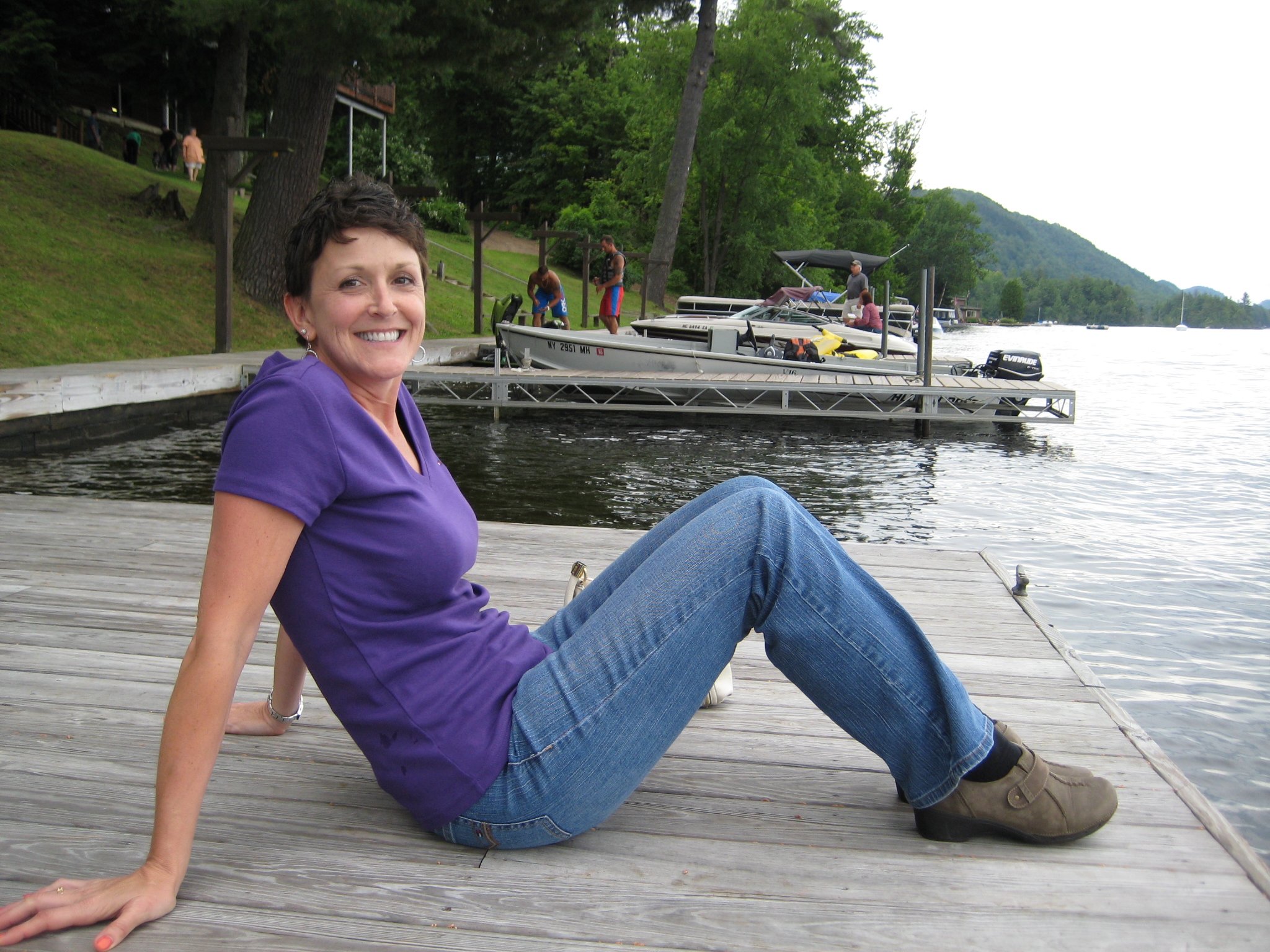
***
Email blog@blueridgemountain.life to be added to my blog update list.
—————————-
I’ve highlighted a few words in this famous scene that should be of particular interest to the ladies. Think about why I did this and I’ll tell you in a future post.
The Death of Socrates
Phaedo speaking to Echecrates:
When he had finished speaking, Crito said: “Well, Socrates, do you wish to leave any directions with us about your children or anything else—anything we can do to serve you?”
“What I always say, Crito,” he replied, “nothing new. If you take care of yourselves you will serve me and mine and yourselves, whatever you do, even if you make no promises now; but if you neglect yourselves and are not willing to live following step by step, as it were, in the path marked out by our present and past discussions, you will accomplish nothing, no matter how much or how eagerly you promise at present.”
We will certainly try hard to do as you say,” he replied. “But how shall we bury you?”
“However you please,” he replied, “if you can catch me and I do not get away from you.” And he laughed gently, and looking towards us, said: “I cannot persuade Crito, my friends, that the Socrates who is now conversing and arranging the details of his argument is really I; he thinks I am the one whom he will presently see as a corpse, and he asks how to bury me. And though I have been saying at great length that after I drink the poison I shall no longer be with you, but shall go away to the joys of the blessed you know of, he seems to think that was idle talk uttered to encourage you and myself. So,” he said, “give security for me to Crito, the opposite of that which he gave the judges at my trial; for he gave security that I would remain, but you must give security that I shall not remain when I die, but shall go away, so that Crito may bear it more easily, and may not be troubled when he sees my body being burnt or buried, or think I am undergoing terrible treatment, and may not say at the funeral that he is laying out Socrates, or following him to the grave, or burying him. For, dear Crito, you may be sure that such wrong words are not only undesirable in themselves, but they infect the soul with evil. No, you must be of good courage, and say that you bury my body,—and bury it as you think best and as seems to you most fitting.”
When he had said this, he got up and went into another room to bathe; Crito followed him, but he told us to wait. So we waited, talking over with each other and discussing the discourse we had heard, and then speaking of the great misfortune that had befallen us, for we felt that he was like a father to us and that when bereft of him we should pass the rest of our lives as orphans. And when he had bathed and his children had been brought to him—for he had two little sons and one big one—and the women of the family had come, he talked with them in Crito’s presence and gave them such directions as he wished; then he told the women to go away, and he came to us. And it was now nearly sunset; for he had spent a long time within. And he came and sat down fresh from the bath. After that not much was said, and the servant of the eleven came and stood beside him and said: “Socrates, I shall not find fault with you, as I do with others, for being angry and cursing me, when at the behest of the authorities, I tell them to drink the poison. No, I have found you in all this time in every way the noblest and gentlest and best man who has ever come here, and now I know your anger is directed against others, not against me, for you know who are to blame. Now, for you know the message I came to bring you, farewell and try to bear what you must as easily as you can.” And he burst into tears and turned and went away. And Socrates looked up at him and said: “Fare you well, too; I will do as you say.” And then he said to us: “How charming the man is! Ever since I have been here he has been coming to see me and talking with me from time to time, and has been the best of men, and now how nobly he weeps for me! But come, Crito, let us obey him, and let someone bring the poison, if it is ready; and if not, let the man prepare it.” And Crito said: “But I think, Socrates, the sun is still upon the mountains and has not yet set; and I know that others have taken the poison very late, after the order has come to them, and in the meantime have eaten and drunk and some of them enjoyed the society of those whom they loved. Do not hurry; for there is still time.”
And Socrates said: “Crito, those whom you mention are right in doing as they do, for they think they gain by it; and I shall be right in not doing as they do; for I think I should gain nothing by taking the poison a little later. I should only make myself ridiculous in my own eyes if I clung to life and spared it, when there is no more profit in it. Come,” he said, “do as I ask and do not refuse.”
Thereupon Crito nodded to the boy who was standing near. The boy went out and stayed a long time, then came back with the man who was to administer the poison, which he brought with him in a cup ready for use. And when Socrates saw him, he said: “Well, my good man, you know about these things; what must I do?” “Nothing,” he replied, “except drink the poison and walk about till your legs feel heavy; then lie down, and the poison will take effect of itself.”
At the same time he held out the cup to Socrates. He took it, and very gently, Echecrates, without trembling or changing colour or expression, but looking up at the man with wide open eyes, as was his custom, said: “What do you say about pouring a libation to some deity from this cup? May I, or not?” “Socrates,” said he, “we prepare only as much as we think is enough.” “I understand,” said Socrates; “but I may and must pray to the gods that my departure hence be a fortunate one; so I offer this prayer, and may it be granted.” With these words he raised the cup to his lips and very cheerfully and quietly drained it.
Up to that time most of us had been able to restrain our tears fairly well, but when we watched him drinking and saw that he had drunk the poison, we could do so no longer, but in spite of myself my tears rolled down in floods, so that I wrapped my face in my cloak and wept for myself; for it was not for him that I wept, but for my own misfortune in being deprived of such a friend. Crito had got up and gone away even before I did, because he could not restrain his tears. But Apollodorus, who had been weeping all the time before, then wailed aloud in his grief and made us all break down, except Socrates himself. But he said, “What conduct is this, you strange men! I sent the women away chiefly for this very reason, that they might not behave in this absurd way; for I have heard that it is best to die in silence. Keep quiet and be brave.” Then we were ashamed and controlled our tears. He walked about and, when he said his legs were heavy, lay down on his back, for such was the advice of the attendant. The man who had administered the poison laid his hands on him and after a while examined his feet and legs, then pinched his foot hard and asked if he felt it. He said “No”; then after that, his thighs; and passing upwards in this way he showed us that he was growing cold and rigid. And again he touched him and said that when it reached his heart, he would be gone. The chill had now reached the region about the groin, and uncovering his face, which had been covered, he said—and these were his last words—“Crito, we owe a cock to Aesculapius. Pay it and do not neglect it.” “That,” said Crito, “shall be done; but see if you have anything else to say.” To this question he made no reply, but after a little while he moved; the attendant uncovered him; his eyes were fixed. And Crito when he saw it, closed his mouth and eyes.
Such was the end, Echecrates, of our friend, who was, as we may say, of all those of his time whom we have known, the best and wisest and most righteous man.
Phaedo – Translated by W. R. M. Lamb, Harvard University Press
****
